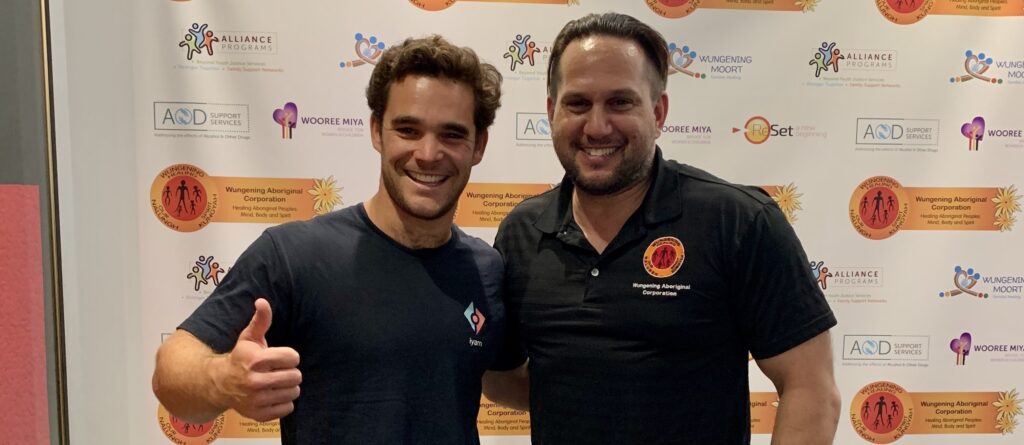Self-care for professionals
What does ‘self-care’ mean when working with young people? Why does self-care matter in professional work? Get an overview of why self-care matters for a long, effective and healthy career working with young people.
To commit to self-care throughout your career is to value yourself, your relationships and your professional work.
What is self-care?
Self-care for professionals is about actively looking after your own mental health and wellbeing so that you can more effectively support the young people you work with. The concept of self-care is similar to the safety procedures on an aircraft:
In the unlikely event of an emergency, fit your own oxygen mask first, before attending to children or dependents.
By putting yourself first you can, more effectively, help your loved ones or those in need.
Why practice self-care?
In the course of doing our work we are often confronted by the more challenging aspects of life. We are asked to ‘do more with less’, and to work within uncertain funding and restrictive policy contexts. Working with young people going through tough times and with colleagues, who may also be stressed, can test our patience and push us to our limits.
Practicing self-care is an important professional development activity that will help you to cognitively, physically and emotionally ‘bounce back’ each day over the long term.
What does self-care look like?
- Engaging in activities and practices that give you energy, lower your stress and contribute to your wellbeing (E.g. exercising regularly, eating well and fostering positive relationships). Self-care activities will be different for everyone.
- Doing these activities regularly before the crisis hits.
- Noticing when your stress is manageable, and your physical and emotional wellbeing is enhanced.
- Making a commitment to your health and wellbeing for today and into the future.
Self-care is a daily and long-term activity
Self-care takes practice, like athletes training for a sport. In order for them to be at their best, they require a holistic approach to training throughout the week and even in the off-season. Self-care includes many of the same activities like eating well; sleeping well; saying no to unhelpful temptations; practicing and developing skills; learning from mistakes; celebrating wins; and having outside hobbies or interests. As a professional, you need to practice self-care in all aspects of your life so you can perform at your best when working with young people.
A good place to start is with assessing where you’re at and then making a plan to improve your self-care.
Content has been created by ReachOut. To view more information about ReachOut click here.




